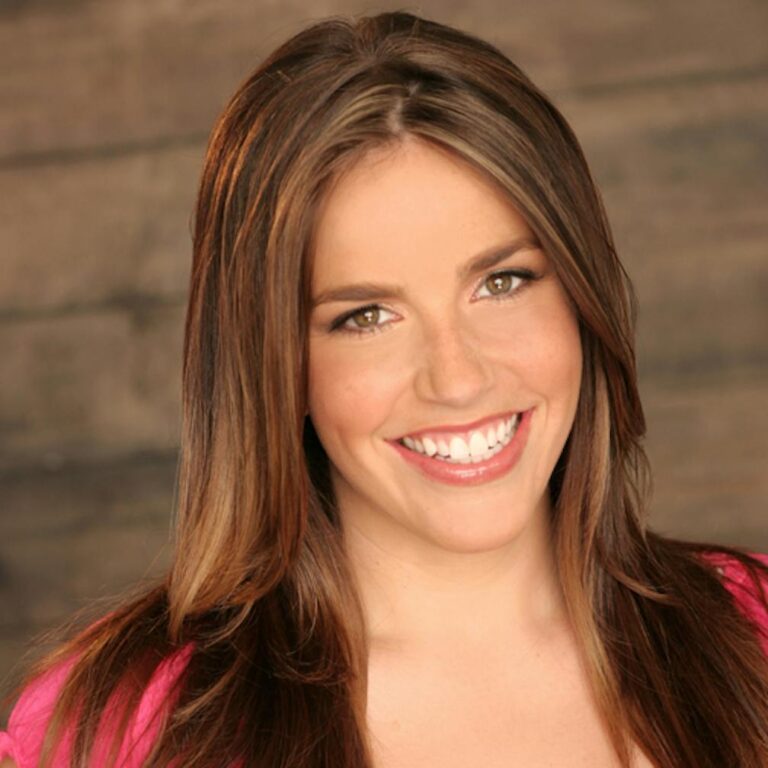other – hbcu
Forbes’ 30 Under 30 Class of 2025 features young achievers in education. Notables include Zoë Bentley, co-creator of OctoStudio, an app teaching coding to children, including those with low vision; Julia Dixon, creator of AI writing tutor ESAI; Arman Jaffer, developer of teacher-assisting app Brisk; Michael Giardino, Sidhant Bendre, and Achraf Golli, co-founders of homework helper app Quizard AI; Daniel Sun and Akshaj Kadaveru, co-founders of MathDash, an online math game; William Kelly, AndrewPaul McIntosh, and Heath Rutledge Jukes, co-founders of test-prep platform ‘King of the







